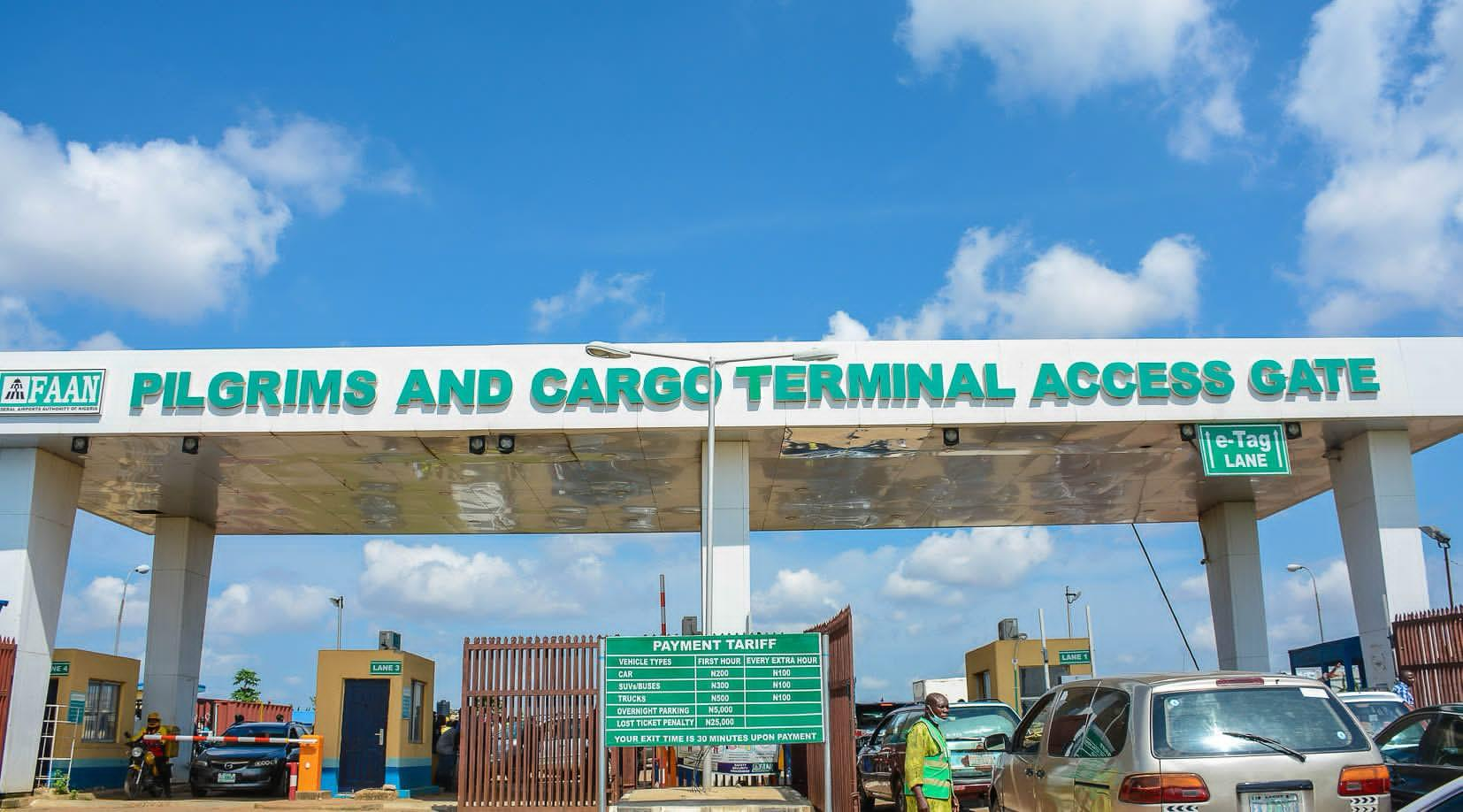FAAN has already completed nearly 90% of the registration process for cargo personnel. The next phase involves biometric data capture, which will ensure that only verified individuals have access to the cargo area
BY ANTHONY OMOH
The cargo section of Nigeria’s airport system is undergoing a significant transformation under the leadership of the Managing Director of the Federal Airports Authority of Nigeria (FAAN), Mr. Olubunmi Kuku. These FAAN cargo section reforms, according to Head of Department Mr. John Ogbe, are aimed at sanitizing the cargo environment, improving trade facilitation, and increasing the country’s capacity for non-oil exports.
FAAN has already completed nearly 90% of the registration process for cargo personnel. The next phase involves biometric data capture, which will ensure that only verified individuals have access to the cargo area, tightening security and boosting operational efficiency.
As part of the reforms, FAAN is implementing a two-gate system—one designated for entry and the other for exit—to streamline movement in and out of the terminal. This system is expected to reduce unauthorized access and improve flow within the premises.
Ogbe further detailed the streamlined operations for cargo handling. “To come in, if the cargo is ready, only three agencies are involved Customs, the airline, and the consignee taking the cargo out,” he explained. “You won’t see the unnecessary activities of others crowding the area.” He added that quarantine personnel are already being provided with a dedicated space for screening, especially for perishable goods like vegetables, which fall under their jurisdiction.
A significant challenge being addressed is the long-standing issue of truck congestion. In the past, truck drivers often parked at the terminal for extended periods without confirmed cargo, causing severe congestion and inefficiencies. The new plan introduces a pickup model similar to the Nigeria Ports Authority system, where only trucks with evidence of scheduled cargo movement are granted access.
Ogbe explained, “Some of these truck drivers sleep here for one or even two weeks without picking up anything. In fact, some stay here for over a month just hoping for cargo. That will stop.”
The reforms also aim to eliminate prolonged delays in cargo processing, particularly for exports. Previously, cargo—especially perishables—often sat idle for up to three weeks, resulting in spoilage and financial loss. The new structured process will facilitate timely movement and protect the integrity of sensitive shipments.
“These improvements will allow proper export operations and align with the government’s push for non-oil export,” Ogbe noted. “If we do it right, Nigeria will start earning real foreign exchange.”
Ogbe also discussed the critical role of airlines in cargo operations. “The airlines are careful about what they carry. It’s paramount for them to ensure the safety and integrity of the cargo they transport,” he said. He further pointed out the importance of the Explosive Trace Detection (ETD) machine, which was deployed last December to ensure compliance with international standards for cargo exports. “If this machine wasn’t deployed, as of last month, airlines wouldn’t have been able to take any cargo out of the country,” Ogbe added.
Nigeria’s import-to-export ratio remains heavily lopsided, estimated at around 90:10 in favor of imports. The cargo terminals are often overwhelmed with imported goods, including items as basic as toothpicks and even more extreme—like meat and sand.
“I’ve seen someone import sand—yes, golden sand—into Nigeria to build his house,” Ogbe recalled, calling attention to the scale of Nigeria’s dependence on imports.
Ultimately, the reforms are expected to usher in a more sustainable, export-oriented cargo operation. By sanitizing the system, creating structure, and enforcing policy, FAAN hopes to stimulate the economy, drive forex earnings, and unlock opportunities across the aviation export value chain.
























